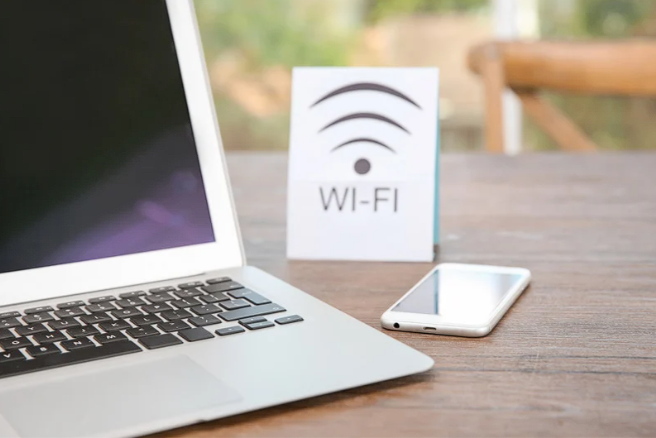Introduction: Apps and the Public Wi-Fi Trap
Public Wi-Fi feels like a lifesaver when you’re on the go. Checking your favorite apps in a café or airport is second nature now. But here’s the problem — public networks are often wide open, and that means your apps (and the personal data inside them) can be exposed. Hackers love this weakness. That’s why learning how to keep your apps safe on public Wi-Fi is more important than ever.
1. Use a VPN for Total App Security
When it comes to app protection, a VPN (Virtual Private Network) is your best friend. It encrypts all the data flowing in and out of your device.
Why It Works
- Shields app traffic from hackers
- Hides your IP address
- Protects even apps that don’t use strong encryption themselves
Think of a VPN as putting your apps in an armored car — nothing leaks out.
2. Update Your Apps Regularly
Outdated apps are like unlocked doors. Developers release updates to fix security bugs that hackers exploit.
Smart Update Habits
- Enable automatic updates on your device
- Manually check app stores for pending updates
- Don’t ignore patch notifications
3. Limit App Permissions on Public Wi-Fi
Many apps request access to your camera, microphone, or contacts. On a public network, that can be dangerous if the app or Wi-Fi is compromised.
Best Practices
- Turn off unnecessary permissions before connecting
- Set permissions to “Ask every time”
- Review which apps really need location or file access
4. Avoid Logging Into Sensitive Apps
Public Wi-Fi isn’t the place to log into banking or work apps. Hackers can use fake hotspots or sniff unencrypted traffic.
Safer Alternatives
- Use mobile data for banking or financial apps
- Wait until you’re on a trusted network
- If you must, use two-factor authentication
5. Enable App-Specific Security Features
Some apps come with built-in tools to keep you safe, but many people skip them.
Examples
- Biometric locks (fingerprint or face ID)
- Logout timers
- Encrypted messaging options
Extra locks mean even if hackers break in, they hit dead ends.
6. Use Encrypted Messaging Apps
Not all apps are created equal. Messaging apps like WhatsApp, Signal, and Telegram use end-to-end encryption. That means only you and the person you’re chatting with can read the conversation.
Why It Matters
- Stops eavesdropping on public networks
- Protects both personal and professional chats
- Adds a layer of trust when traveling
7. Clear App Data and Cache After Use
Apps store temporary files, sessions, and cookies that hackers can exploit.
Good Exit Habits
- Log out when you’re done using an app
- Clear cache in app settings
- Restart your phone after using public Wi-Fi
8. Combine Device Security With App Safety
Apps don’t exist in isolation. If your device is insecure, your apps are too.
Extra Protection Steps
- Keep your operating system updated
- Use device-level encryption
- Enable remote wipe in case your device is lost
Conclusion: Keep Your Apps Safe on Public Wi-Fi
Public Wi-Fi is convenient but risky. From using a VPN to enabling app-specific security features, each step helps lock down your digital life. Keeping your apps safe on public Wi-Fi isn’t about paranoia — it’s about smart habits. If you stay proactive, hackers won’t stand a chance. Remember: knowing how to keep your apps safe on public Wi-Fi means protecting not just your apps, but your identity and privacy too.
FAQ
- Do all apps encrypt data on public Wi-Fi?
No. Some apps use encryption, but others may leave data exposed unless you use a VPN. - Is mobile banking safe on public Wi-Fi?
Not really. Use mobile data or a VPN for better protection. - Can app permissions put me at risk?
Yes. Extra permissions give hackers more ways to exploit your data. - Should I clear app cache after using public Wi-Fi?
Yes. Cached data can reveal logins or personal information. - What’s the single best way to keep apps safe on public Wi-Fi?
Using a VPN is the strongest and most reliable protection.

